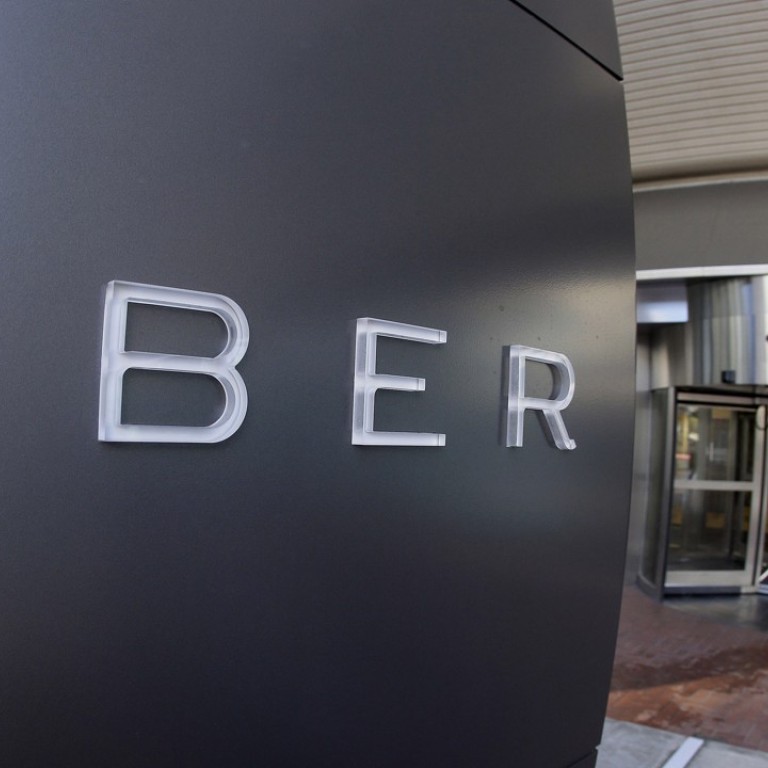
Uber suffers fresh blow as EU court says France had a right to charge execs over illegal service
Uber tried to appeal the case on an EU law technicality, which the ECJ didn’t agree with
By Arjun Kharpal
France had the right to punish two Uber executives last year for running an illegal taxi service, the European Union’s (EU’s) top court said.
Criminal law proceedings were brought against Uber in France in 2016 when a French court found two of its executives guilty of running an illegal transportation service. The court was referring to UberPop which puts passengers in touch with non-professional and unlicensed drivers.
During that case, Pierre-Dimitri Gore-Coty, who is now Uber’s EMEA head, and Thibaud Simphal, who was at the time the head of France, were both fined, while the company was ordered to pay 800,000 euros (US$907,944).
Uber has argued, however, that the proceedings were based on a law which concerns an “information society service” or more broadly an internet company, and therefore required that the European Commission, the EU executive, should have been notified.
But the European Court of Justice (ECJ), the EU’s top court, said that this isn’t necessarily the case.
“Member states may prohibit and punish the illegal exercise of a transport activity such as UberPop without having to notify the Commission of the draft law in advance,” Maciej Szpunar, advocate general at the ECJ, said in a press release on Thursday.
The opinion given by Szpunar is non-binding but the final decision is usually followed by the ECJ’s judges.
Uber is yet to respond to a request for comment when contacted by CNBC.
Szpunar referenced another opinion by the ECJ in May, in which it said that Uber is actually a transportation service and not an “information society service”. In the May opinion, the advocate general said that Uber may be required to seek licenses for its service in every country in which it operates. Since Uber is not merely an internet service, the Commission does not need to be notified in advance about any law to criminally punish the company, Szpunar said.
Uber has always maintained that it is not a transportation company and merely connects drivers to riders.
The only time a member state would need to notify the Commission of a draft law to criminally punish a service like UberPop, is if it is looking to regulate that particular service specifically. In this case, the ECJ says that France’s punishment of Uber only affected the service in “an incidental manner” and was not aimed at “explicit” regulation of UberPop.
Uber shut down its UberPop service in France following riots in the country from taxi drivers who overturned cars and burned tyres.
It’s the latest blow for the embattled U.S. start-up which has faced sexual harassment claims, used software to evade law enforcement, and seen former CEO Travis Kalanick resign, leaving the company without any leadership.
On top of that, Europe has been tough for Uber which has clashed with regulators on a number of occasions. The company recently pulled out of Denmark, and is banned in some cities across the region. UberPop has also been banned in some countries such as Germany and Sweden.

